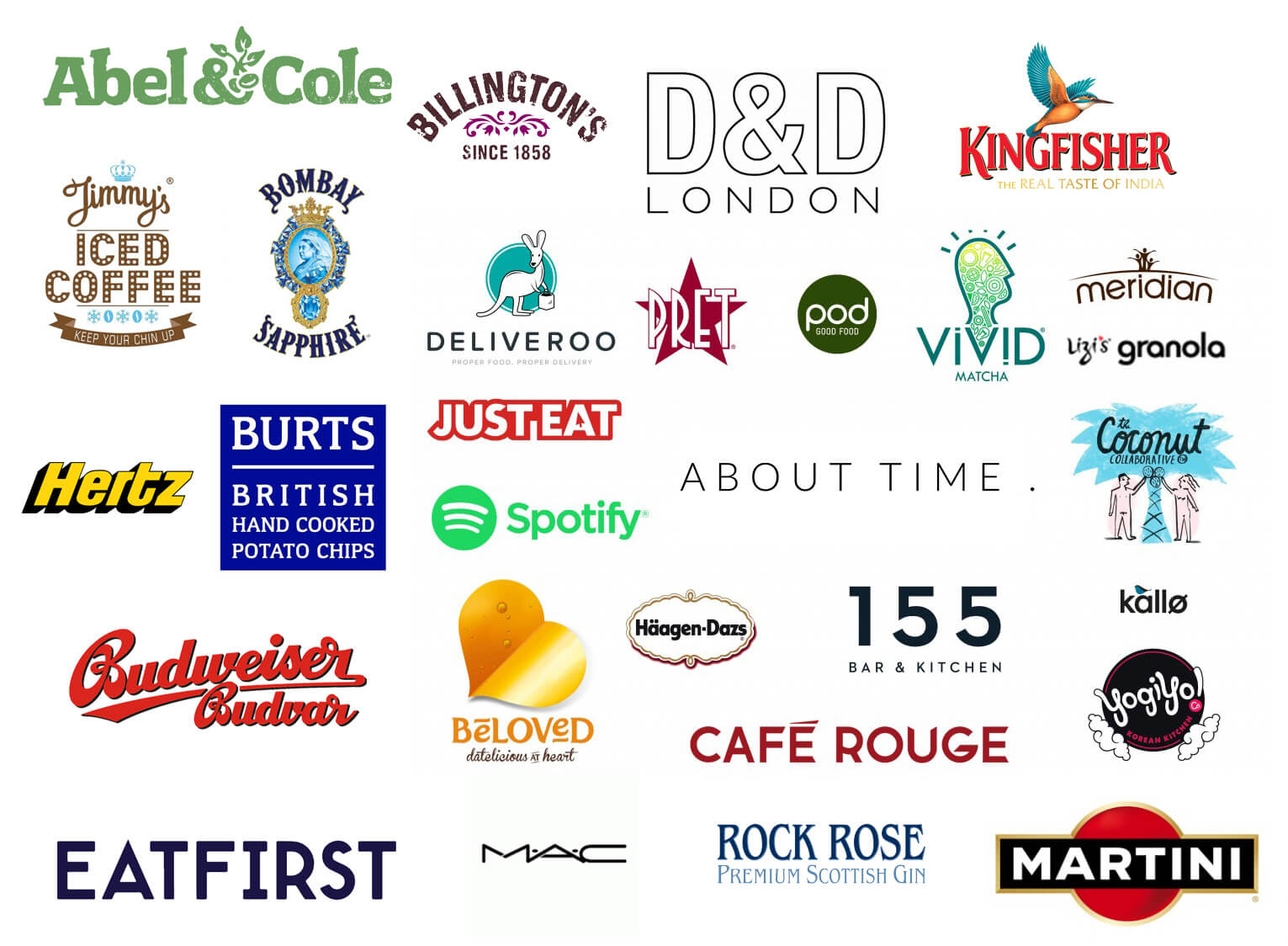Pursuing a Career in Healthcare: How to Get on the Road to a Rewarding RoleBy Angelica Malin
As of now, healthcare is the most in-demand field to start a career in, that is, if you really want to make a difference in the world. Then again, that has more or less always been the situation. Doctors, nurses and other assistive professionals have not suffered from high unemployment rates in US for decades.
Healthcare is not an ungiving sector either, because professionals both directly or indirectly related to the healthcare industry earn impressively. In spite of everything though, there are a few challenges that every aspiring healthcare professional must face in order to get started. We will discuss those potential obstacles, how to get around them, and what to expect in the following sections.
Getting Started with the Right Background is Essential
The truth is that becoming a licensed physician with one or more specialisations, or specialising as a surgeon, is by far the highest paying career that anyone can pursue both within the United Kingdom, as well as internationally. However, as you have noticed already, those are certainly not the only options at your disposal. Although a lot of us would choose to become a doctor if we could, that is not always an option, be it for financial reasons, time constraints or for academic shortcomings. You need to find out whether or not you can or would like to pursue a medical degree, a nursing degree, a path through medical research or something else that’s more suited to your skills and education. The only way to do that would be by first building a background in medical science.
There are various degrees that you can pursue in order to build a good medical background, but you should first see if a physiology degree is right for you. Students can compare various physiology degree courses from multiple accredited universities on Uni Compare before choosing, or they can also browse the comparing platform to see if another course can help them better towards achieving their specific career goals. Nevertheless, a physiology degree does come highly recommended, due to the solid foundation it helps aspiring medical students to build in medicine and human anatomy.

Choosing the Right Path: There Are Many
Healthcare is a vast field today, intermingled with other fields such as engineering technology and digital security to name just a few. What it means is that choosing the right path that will lead you towards a rewarding career in healthcare does require a lot of research in itself. You will first need to choose the profession, then you will have to find a specialisation. Before it all though, it is necessary to first build an adequate background from which you can then launch your career in medical science and health care.
To provide more context to the statement, let’s look at some of the many lucrative carers in healthcare next.
- Physician: All doctors, including surgeons
- Dentist
- Dentist’s assistant
- Registered Nurse
- Vocational nurse
- Nurse Practitioner: All NPs, including Family Nurse Practitioners (FNP), Acute Care Nurse Practitioners (ACNP), Neonatal Nurse Practitioners (NNP) and others
- Advanced Practice registered Nurse: All APRNs including midwives, clinical nurse specialists, Certified Nurse Anaesthetists and NPs as well
- Paramedic
- Veterinarian
- Veterinary nurse
- Radiation therapist
- Radiologist
- Physical therapist
- Chiropractor
- Medical assistant
- Diagnostic Sonographer
- Dietician
- Nutritionist
- Prosthetist
- Biomedical engineer
- Nuclear medicine expert
- Pharmacist
- Speech to language pathologist
- Geneticist and genetic counsellor
- Therapist and psychologist
Once you consider the fact that this is not even close to being a full list, but only contains some of the most prospective professions that students can pursue after completing a physiology degree, the vastness of the healthcare industry and the many career opportunities within it should begin to sink in.
Advanced Education
Finally, we are discussing advanced education, which means that at this point, you should already have a job and a few years of experience. This is when one’s healthcare career begins to reach a sort of stagnancy, and they realise higher education and training is necessary to progress further in their careers.
The choice is not as vast at this point in a healthcare professional’s career as it was while choosing a definite path to get started with, post completion of their foundational education. They already know their work, all that is necessary now is a boost in their ability and qualifications.
A few tips as follows should prove to be quite valuable in making the correct choice which would ultimately lead to the desired results:
- Study online, as it will allow you to hold on to your job for earning experience and money as well
- Use your own experience in the field to choose a specialisation that best fits your abilities
- Do not undermine the above in favour of a more lucrative higher educational path; lives depend on it, as does your career
- See if there’s an opportunity that you can avail successfully to earn more by shifting careers within the healthcare industry
Finally, never waste your time on online or offline universities that are not accredited by the necessary authorities. This applies for both foundational physiology degrees and advanced healthcare professionals’ degree and training courses.


